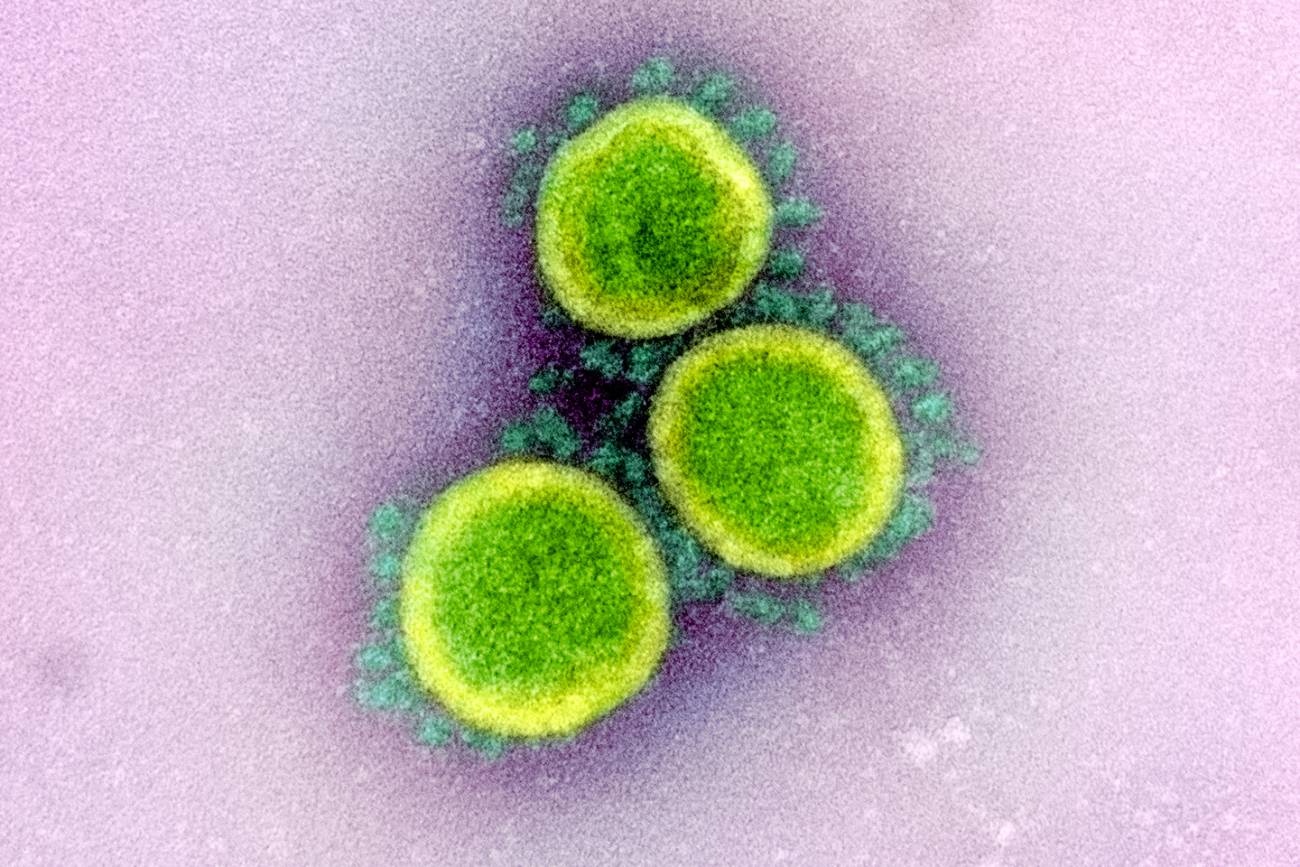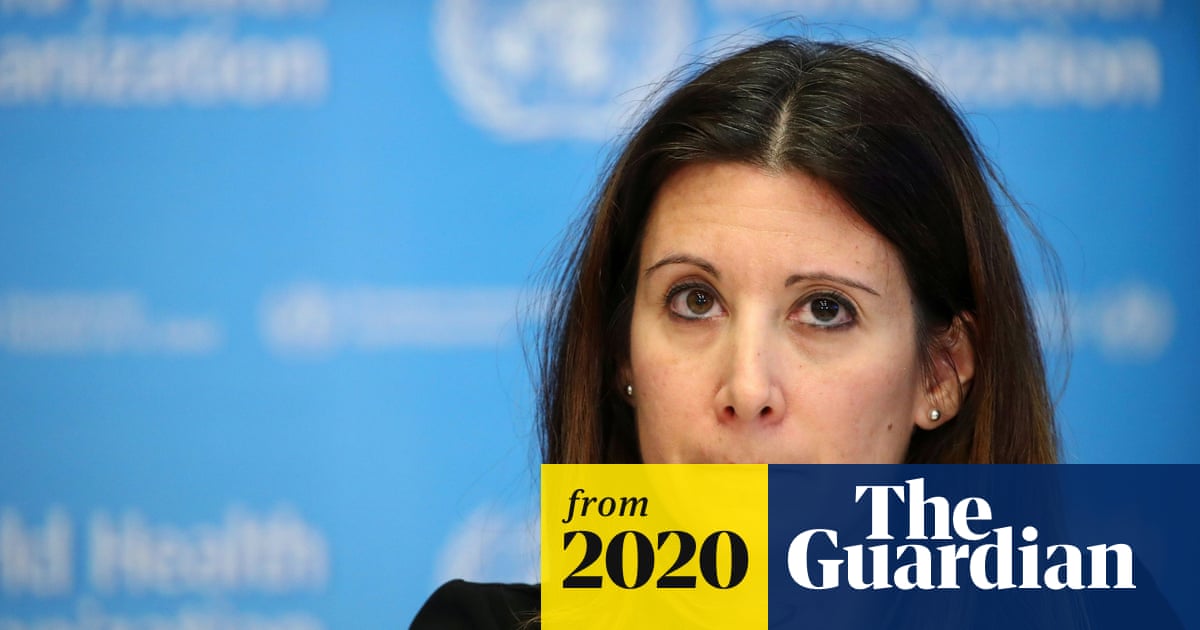2. WHO declared on 9th June
Maria Van Kerkhove, the World Health Organization’s (WHO) technical lead for COVID-19, said at a press briefing on June 8 that asymptomatic transmission appears to be “very rare.”
The following day Dr. Van Kerkhove had to clarify her comments:
The majority of transmission that we know about is that people who have symptoms transmit the virus to other people through infectious droplets — but there are a subset of people who don't develop symptoms, and to truly understand how many people don't have symptoms, we don't actually have that answered yet.
What I was referring to yesterday in the press conference were very few studies — some two or three studies that had been published that actually try to follow asymptomatic cases, so people who are infected, over time, and then look at all of their contacts and see how many additional people were infected.
And that's a very small subset of studies. So I was responding to a question at the press conference. I wasn't stating a policy of WHO or anything like that. Because this is a major unknown, because there are so many unknowns around this, some modeling groups have tried to estimate what is the proportion of asymptomatic people that may transmit.
Becka, I'd like to stress, that I am in no way underestimating or downplaying the problem, just, that the risks are much lower than the terrifying headlines would lead you to believe.
But you are. Firstly because you are implying that the headlines you read, which you interpret to mean the risk is low, is the truth, but the headlines I supposedly read are leading me to be terrified and that this is wrong.
I also do not simply read headlines, when there is something in which I want to know more about I do research to properly understand it. Although in the cause of Hitchens, I have no desire to know what someone with no scientific or medical expertise has to say on public health policy. Someone who thinks homosexuality is abnormal. He does get afforded any benefit off the doubt by me.
But I do know, for example, that a High Consequence Infectious Disease is a classification which designates that a particular protocol be followed. Amongst other things, for a disease be a H.C.I.D. requires a high mortality rate and it being medically difficult to detect. However it does not consider how prevalent it is, the severity of symptoms, or other lasting effects.
Covid-19 ceased to hold this status because testing had advanced to the point it was easier to detect and it was showing a 1% mortality rate. Whilst that was below the mortality criteria, at one person in every hundred dying is still not s low number. It is the equivalent of one person dying on every full double decker bus. Over 500 people at an Old Firm derby. It is ten times more lethal than the flu after annual vaccination programmes.
And to quote Public Health England on the declassification: “This change in status does not detract from the seriousness of the COVID-19 pandemic, which is reflected by the fact that COVID-19 has its own separate pandemic response programme.”
The headline that it was no longer a high consequence infectious disease may have made it sound like it was not considered a risk, but knowing want that actually means, knowing that it is still so dangerous that it needs its own entirely separate protocol suggests it is not something trivial.
Just like when someone from W.H.O. comes out with a controversial and disputed statement that seemingly goes against all current scientific advice and data, I want to understand the context and contradiction.
But the other way you are downplaying the problem is that the greater risk from how we behave is borne by other people. That is why I used the examples of drink driving, because you are not simply risking your own life but those of everyone else you encounter. Smoking bans exist in enclosed spaces because you are not just risking your own life, but those of everyone else you encounter.
You may think the risk is low and are happy to accept the chance of getting ill, that does not make it fair for you to expect other people to be forced to accept that risk. The risk to the wearer of ill effects from wearing a mask is very low, to refuse to do so is not a matter of science or principal. It is a lack of regard for anyone else. Even if you think it unnecessary, it is a small imposition to do out of respect for anyone else. A tiny gesture to show your respect to people with a different opinion. A minuscule acceptance that no one actually knows for sure and it is better to be cautious.
Unless you have something more recent to show otherwise, the last research I read about showed that people are at their most contagious in the presymptomatic phase. That means they will be entirely unaware they are spreading the disease. But the time they do know, by the time they go into isolation, the worst of the damage will have already been done.
And not only do they not know they are spreading it, they have no idea of the health risks of anyone they encounter. They do not know if the person in front of them in a queue has medical complications. The risk is not the same to everyone. How arrogant it would be to assume that if my personal risk is low then the risk to everyone else must be low too.
That is why you cannot simply sign a waiver to say you are accepting the risks and then behaving like everything is normal. They are not just your risks to accept, they are also the risks to everyone you encounter.
Imagine someone were to waive all the measures and precautions to be able to go out to live their normal life, but then becomes infected. They show symptoms and go into isolation, but just the day before they had passed the virus onto someone else they stood next to in a shop. And that other person becomes infected and eventually dies. How is that not manslaughter?
Involuntary manslaughter is to cause the death of another person through recklessness or criminal negligence. Recklessness is to intentionally take a cause of action with disregard for the risks.
Signing a waiver means accepting those risks exists, and that you have no regard for them. And as it is the lives of other people being risked, not just your own, you are saying you are okay with your actions causing the death of another person. Signing a waiver is pre-admitting culpability for manslaughter. Just as it would be if you could sign a waiver when you leave a pub drunk and drive home.
What a horrible society it is where people think it is okay to deliberately risk the lives of other people.
What a horrible society it is where people want to live in a society which allows that to happen.






